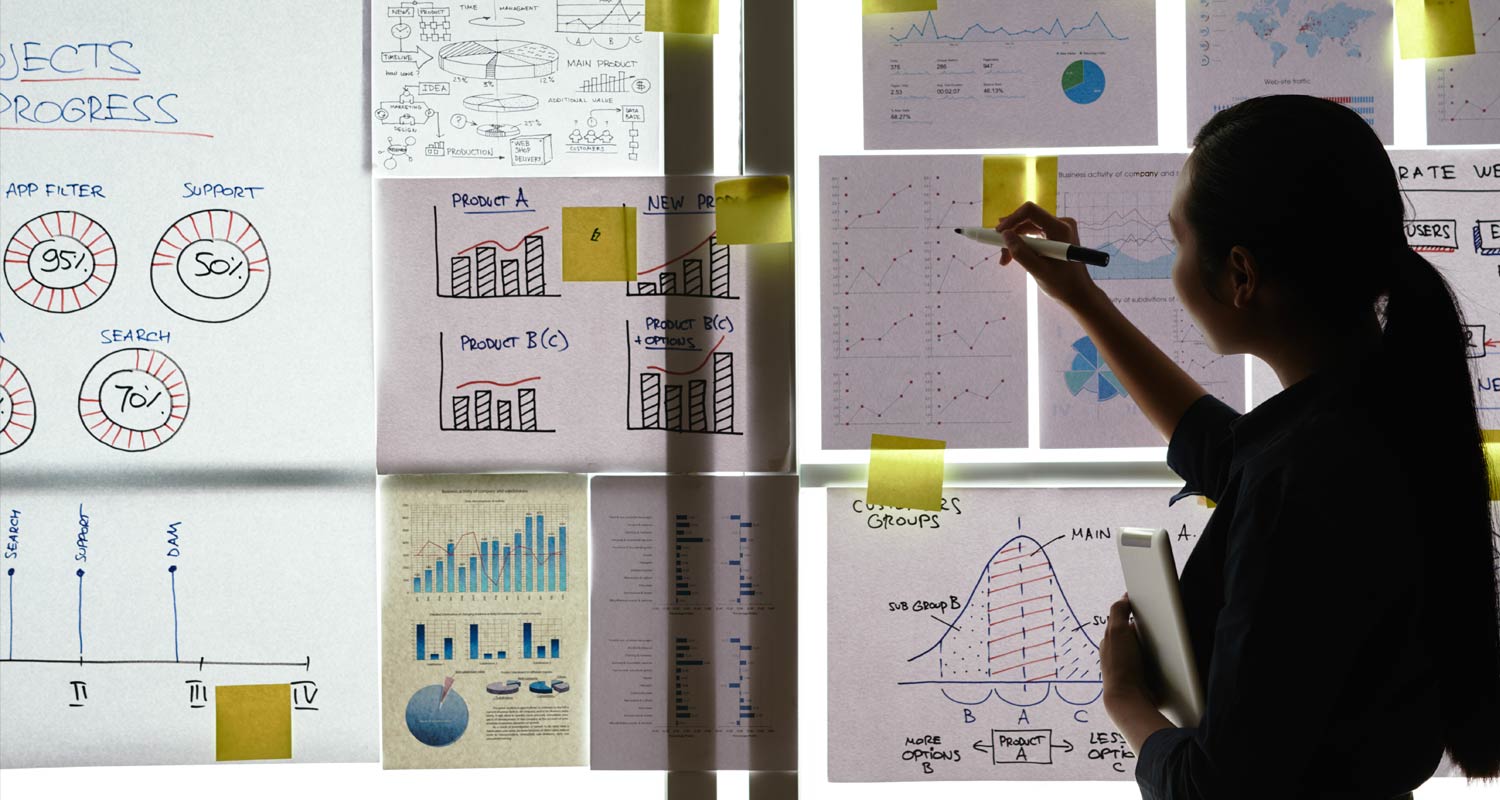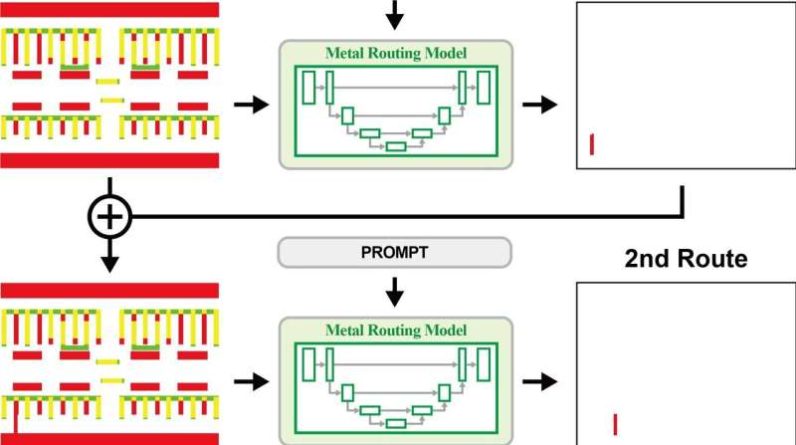
Artificial intelligence has the potential to revolutionise project and programme management (PPM), offering unprecedented opportunities to enhance efficiency, accuracy and strategic decision making.
As organisations increasingly adopt AI-driven tools and individuals become more adept at using those tools, the traditional functions associated with project delivery have begun to evolve from administrative to more strategic.
Popular applications of AI in project management
AI has already begun to transform various aspects of project management, automating routine tasks, and providing data-driven insights that were previously unavailable or at the very least time consuming and hard to come by. Some of the key areas where AI is having significant impact are:
- Predictive analytics: AI-powered tools are revolutionising PPM by providing unparalleled insights from historical project data. These tools can meticulously analyse past projects, comparing planned versus actual cost and time outcomes. They also delve into identified risks, their corresponding responses, the ultimate outcomes of those responses, highlight which risks materialised into issues that impacted project delivery and identify unforeseen factors that affected project outcomes. By consuming vast volumes of historical data from numerous projects and overlaying it with market trends and industry best practices, these AI tools can make sophisticated predictions. They can assess the likely outcomes of current project courses of action and suggest “next best” actions based on the success of similar strategies in the past. This empowers PPM resources with a wealth of information and data, elevating decision making to an extraordinary level.
- Automation of routine tasks: AI has begun to streamline certain aspects of project management through the automation of tasks such as scheduling, resource allocation and reporting – and when provided with the right data and carefully constructed prompts even has the ability to build a reasonable schedule for delivering even complex projects.
- Enhanced risk management: AI can analyse vast amounts of data to identify potential risks and provide quantitative measurements, allowing project managers to prioritise mitigation efforts. For instance, AI enabled tools can detect anomalies in project schedules or financial data, identifying potential issues early. Predictive analytics capabilities give us the ability to simulate scenarios and perform “what if” type analysis also enabling project managers to simulate mitigation planning and to assess the impact of such mitigation strategies. Access to real-time environmental data can provide a wealth of ongoing data for decision making, if for instance a project included activities that would be impacted by wet weather, seasonal and long-term forecasts could identify associated risk and mitigation strategies early in the planning process and then continue to monitor those risks based on more accurate date as the due date approaches.
- Real-time monitoring and adjustments: AI, if pointed in the right direction, can provide continuous monitoring of project progress, resource availability and performance metrics – and even, using intelligent AI agents, make real-time course corrections to minimise and even prevent delays, cost overruns and delivery issues.
 Evolving roles in project management
Evolving roles in project management
AI is not replacing project professionals but is transforming their roles, shifting the focus from administrative tasks to strategic and value-added activities.
- Project managers: In a world where AI is contributing to the automation of scheduling, progress tracking and reporting, the focus of the project manager can shift to activities like coaching, stakeholder engagement and strategic decision making. Harvard Business Review predicts that by 2030, AI will handle up to 80% of project management tasks. This shift would enable project managers to prioritise leadership and relationship-building over more time-consuming administrative activities.
- Scrum masters: AI has the ability to analyse team performance and to make suggestions to optimise sprint planning, identify bottlenecks and to suggest improvements to agile, ceremony-related activities such as daily standups and retrospectives. With enough access, AI tools can even, to an extent, automate sprint tracking and provide insights into team dynamics, allowing scrum masters to focus on coaching and facilitating agile practices improving team agility and productivity.
- Programme managers: AI can assist in the alignment of multiple projects with programme goals and predict risks and assist with optimising resource allocation across portfolios. Its ability to provide real-time insights into portfolio performance can provide the much-needed data for quick decision making and for more effective management of complex programmes.
- Project administrators: AI can automate documentation, reporting and communication, freeing administrators to administer the AI systems and ensure data accuracy, and to facilitate human AI collaboration.
Future strengths of AI in project management
Looking ahead, AI will unlock significant potential in project and programme management, offering opportunities to further enhance efficiency and effectiveness, delivering enhanced predictive analytics, seamless integration with existing tools, human/AI collaboration, ethical and governance framework, and continuous learning and improvement.
The indicators are that AI will not replace project professionals but will augment their capabilities, allowing them to deliver more successful projects in an increasingly complex environment.
AI is transforming project and programme management, offering tools to enhance efficiency, accuracy and strategic decision making. From predictive analytics to automation, AI is enabling project professionals to work smarter and focus on strategic roles.
Project professionals must adapt by developing AI literacy and focusing on strategic, value-added activities, ensuring they remain indispensable in the AI enabled future of project management.
To explore more on this topics, visit Paracon, the IT business advisory and consulting firm that helps companies navigate the competitive IT talent market and overcome skills shortages.
Don’t miss:
AI and the future of work





